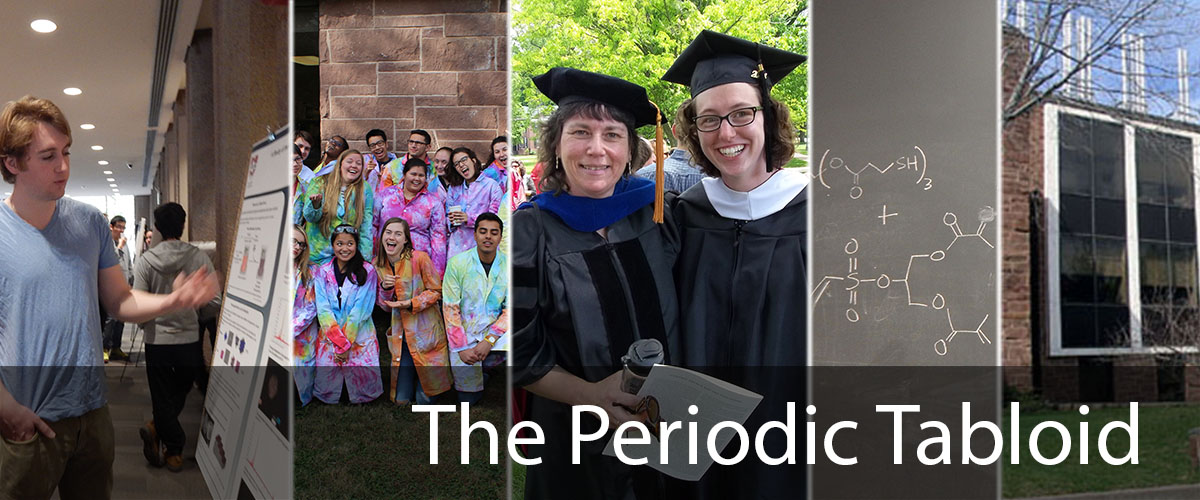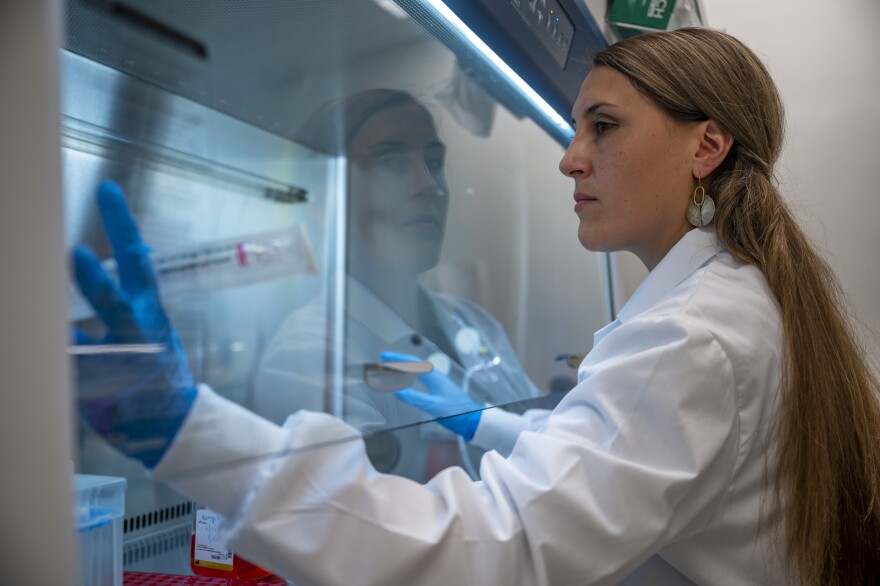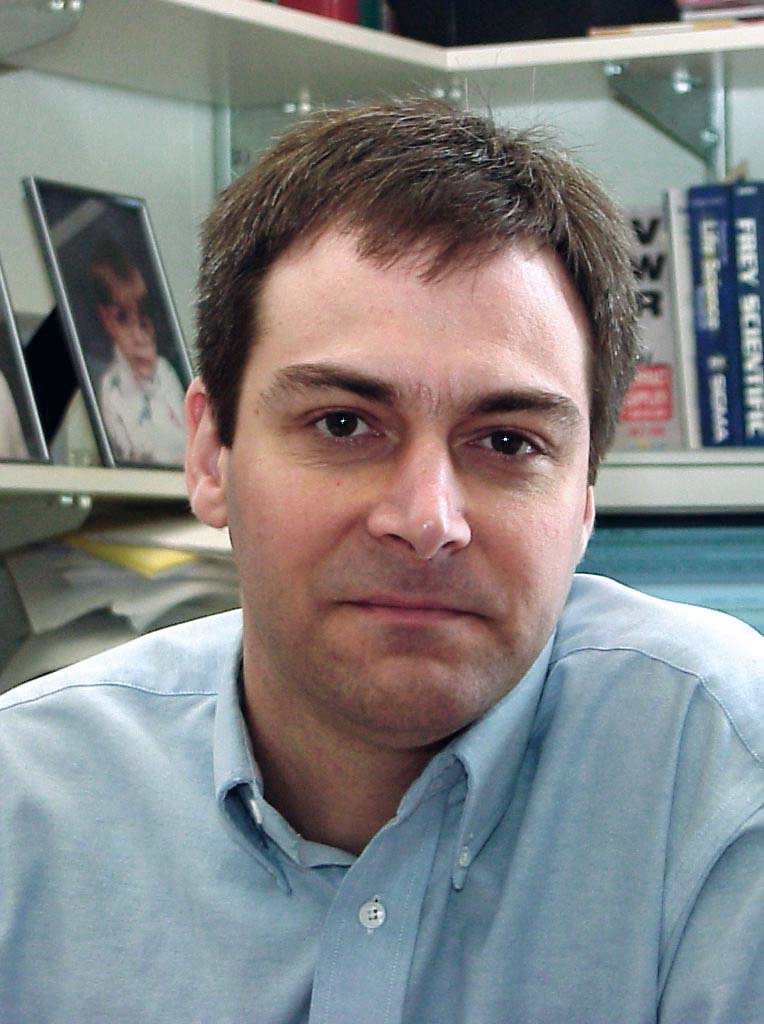
Spring 2023 elections to Wesleyan’s Gamma Chapter of Phi Beta Kappa have been announced, and it is with great pleasure that we recognize
Kelly Ann Fenton-Samuels and Minh Chau Rachel Nguyen.
To be elected, a student must first have been nominated by the department of their major. The student also must have demonstrated curricular breadth by having met the General Education Expectations and must have achieved a GPA of 93 or above.

The emblem contains the three Greek letters “Phi,” “Beta,” and “Kappa,” which are the initials of the Greek motto, Philosophia Biou Kybernetes, or “the love of wisdom is the guide of life.”
Kelly Ann Fenton-Samuels, 2023
Chemistry, Earth & Environmental Sciences
Minh Chau Rachel Nguyen, 2023
Chemistry, Molecular Biology & Biochemistry
Induction will take place on May 27, 2023 at 4:00 p.m. in the Memorial Chapel








 Graduates toss their caps into the air at the 188th Commencement
Graduates toss their caps into the air at the 188th Commencement
